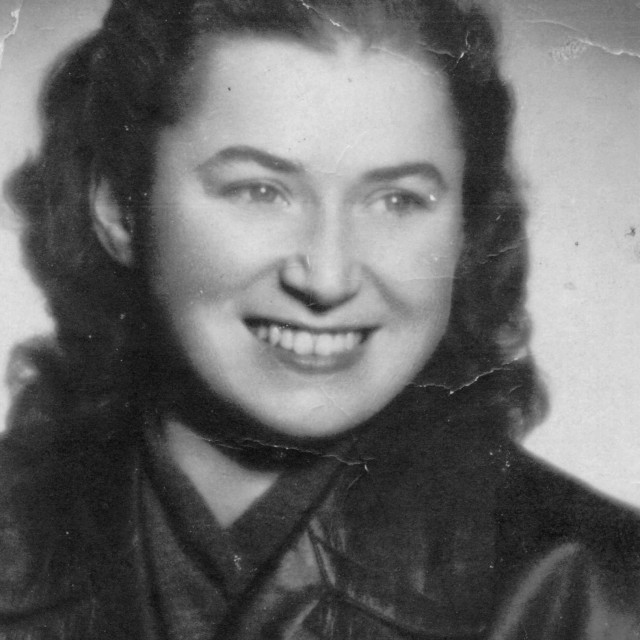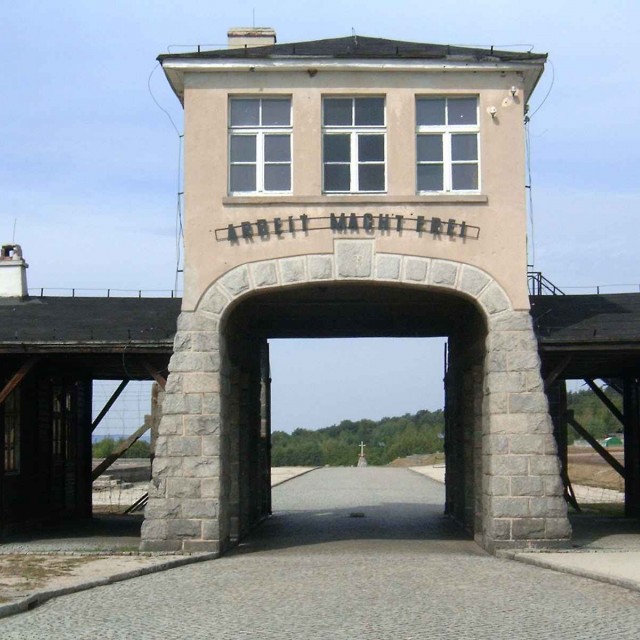Edit Piaf in a POW camp
One of the camps at Hundsfeld near Wroclaw was a camp for French prisoners. There were about three hundred of them. Libuše Auderlická, as a forced labourer, was put in the kitchen to cook food for them. On her job she was accompanied by another Czech woman, two Serbs, two Poles, a Croat, a Belarus woman and a German. German members of the Hitlerjugend had to spend two years on the so-called compulsory places: half a year in farming, then in healthcare, pubs and also in the heavy industry.
Libuše Auderlická has even some nice memories for working in the camp. For instance when Edith Piaf arrived. They put tables together in the dining hall to make a podium so that the small singer could be seen. The performance was short but the French singer had a huge success. “After her departure a few people disappeared. Rumour had it she helped them to escape,” says Libuše Auderlická. “The singer’s secretary, who was a part of the resistance, made secret photos of the prisoners. They were careful. They made photos in a group, saying that Edith Piaf liked somebody and wanted a photo with them. Then they used the pictures to make counterfeit documents.”
Hodnocení
Hodnotilo 0 lidí
Routes
Not a part of any route.
Comments
No comments yet.





